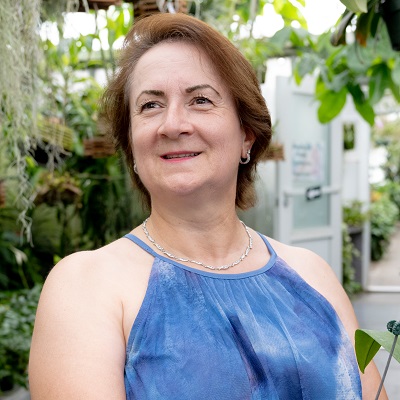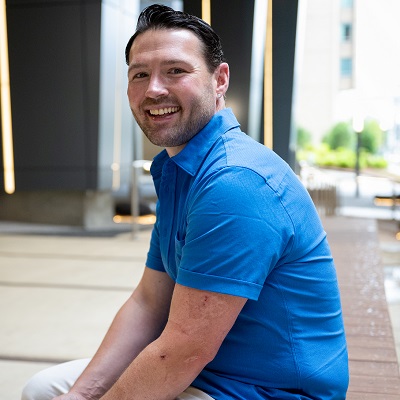Behavioral Health and Psychiatry
Meet our new Health Ambassador NY Giant Darren Waller
Prioritizing Mental Health & Addiction Recovery Every Day
Mental health conditions and substance use are at epidemic proportions across New Jersey and the country.
We are here to help with inpatient and outpatient locations across New Jersey. Our hospitals and expert care teams are among the best in the country.
Our addiction treatment services are ranked #1 in New Jersey again.
Meet four people who thought hope and a bright future were beyond reach, but found help, care and support programs that changed everything.
Contact Us
Our addiction admissions experts are available at 866-266-1616.
Learn more about our inpatient detox and outpatient addiction treatment services at:
https://www.hackensackmeridianhealth.org/en/services/behavioral-health/addiction-and-substance-use-disorders
Behavioral Health and Psychiatry
As the region’s most comprehensive Behavioral Health network, we are your single, trusted source for specialized addiction and mental health care and expertise for children, adolescents, adults and older adults.Our network provides every level of care you may need for mental health and Substance Use Disorder treatment. From the most severe inpatient crisis care or medically supervised detox addiction treatment, to walk-in care at our Urgent Care with Behavioral Health, outpatient services and specialized psychiatrists and therapists, we are here to help.
What Is Behavioral Health?
Behavioral health, mental health, and psychiatry – these are all related terms for emotional health and well-being. It is long overdue that society treated these issues like any other medical condition, and removed the fear and stigma about discussing them or seeking care. At Hackensack Meridian Health, we believe it is important that people feel comfortable discussing issues of concern in a safe and supportive environment. It is what you, your loved ones, our neighbors, and communities deserve.There has never been a more important time to treat mental health as part of overall health and wellness. We're ready with locations throughout New Jersey.
Our locations, services and capabilities include:
- Carrier Clinic - A 296-bed Behavioral Health hospital in Belle Mead 100% dedicated to mental health, addiction treatment and educational services for adolescents.
- Carrier Behavioral Health at Raritan Bay Medical Center - A regional hub of the nationally recognized Hackensack Meridian Carrier Clinic. With kindness and understanding, our physicians will assess the patient’s overall health, lifestyle and environment to formulate a customized action plan that focuses on complete mental wellness.
- Blake Recovery Center - Inpatient addiction detox and rehab located on the scenic Carrier Clinic campus.
- Emergency psychiatric stabilization services at all hospital emergency departments.
- Urgent Care with Behavioral Health - Walk-in care for low acuity treatment low acuity treatment for anxiety, mood disorders and medication refills at our Neptune location.
- Inpatient psychiatric services for acute mental health issues.
- Outpatient psychiatric therapy, counseling and services.
- Outpatient addiction treatment services (Intensive Outpatient Programs and outpatient counseling)
- Specialized programs and care for alcohol, heroin and opioid Substance Use Disorders.
- Inpatient Dual-Diagnosis services (mental health co-occurring with a Substance Use Disorder)
- ECT (Electroconvulsive Therapy) and Esketamine therapy for “treatment resistant” depression
- Specialized expertise and care for:
- Children
- Adolescents
- Adults
- Older Adults (Geriatric inpatient and outpatient)
- Family Services
- Accredited Middle/High School and residential facility for troubled teens and adolescents (East Mountain School and East Mountain Lodge Belle Mead)
- Therapeutic Nursery and Children’s Day School
A Dedicated Behavioral Health Hospital
Hackensack Meridian Carrier Clinic is the leader in specialized behavioral health care in New Jersey. Carrier Clinic’s campus includes Blake Recovery Center, a nationally recognized inpatient addiction treatment center, East Mountain Lodge, an adolescent and teen residential treatment program for ages 13-18 with psychiatric and/or emotional difficulties and East Mountain School, a special education school for adolescents challenged by behavioral or psychiatric disorders.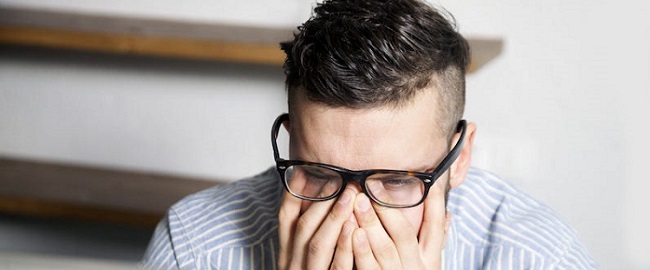
Why Choose Us
Our experienced team, which includes skilled professionals and distinguished psychiatrists who’ve been recognized as “Top Docs” in New Jersey, can provide relief for patients from children to older adults and their families at times when mental illness, emotional difficulties, addiction or other issues arise.
Patient Story
“I really want to share my story, because there is nothing to be ashamed or embarrassed about for anyone suffering from a mental health related illness. Our pain is as real as the cancer patient’s, stroke or heart attack survivor’s, and there are extraordinary and innovative therapies available that can change your life. Sometimes I think the hardest part of seeking help may be overcoming the fear of ‘what will my friends or colleagues think.’” -Josh Binn, Hackensack, NJ
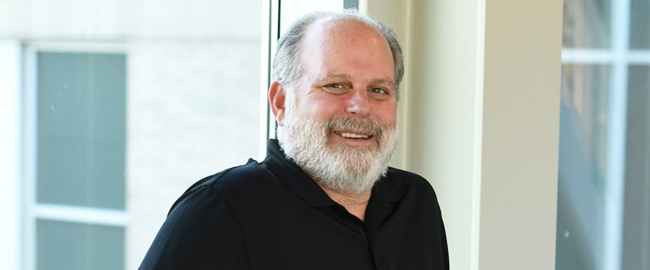
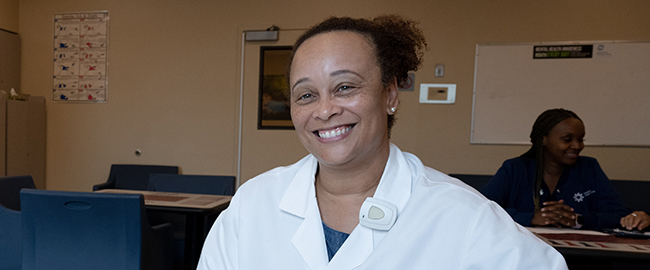
Our Doctors
Our experienced team includes skilled professionals and distinguished psychiatrists who’ve been recognized as “Top Docs” in New Jersey.
988 Suicide & Crisis Lifeline
Dial 988 to access the Suicide & Crisis Lifeline, which provides 24-hour, confidential support to anyone in suicidal crisis or emotional distress.
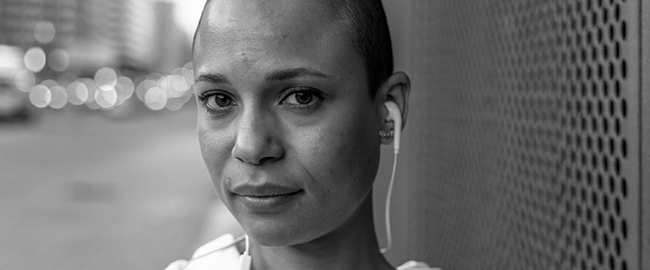
Find a Behavioral Health Location
Addiction Treatment Services
- Addiction and Substance Use Disorders
- Addiction Self-Help Support
- Alcohol Addiction Treatment
- Alcohol Detox
- Alumni Programs
- Drug and Substance Addiction Treatment
- Drug Detox
- Dual Diagnosis
- Family Intervention For Addiction
- Intensive Outpatient Program
- Prescription Drug Addiction Treatment
- Residential Rehab and Counseling
